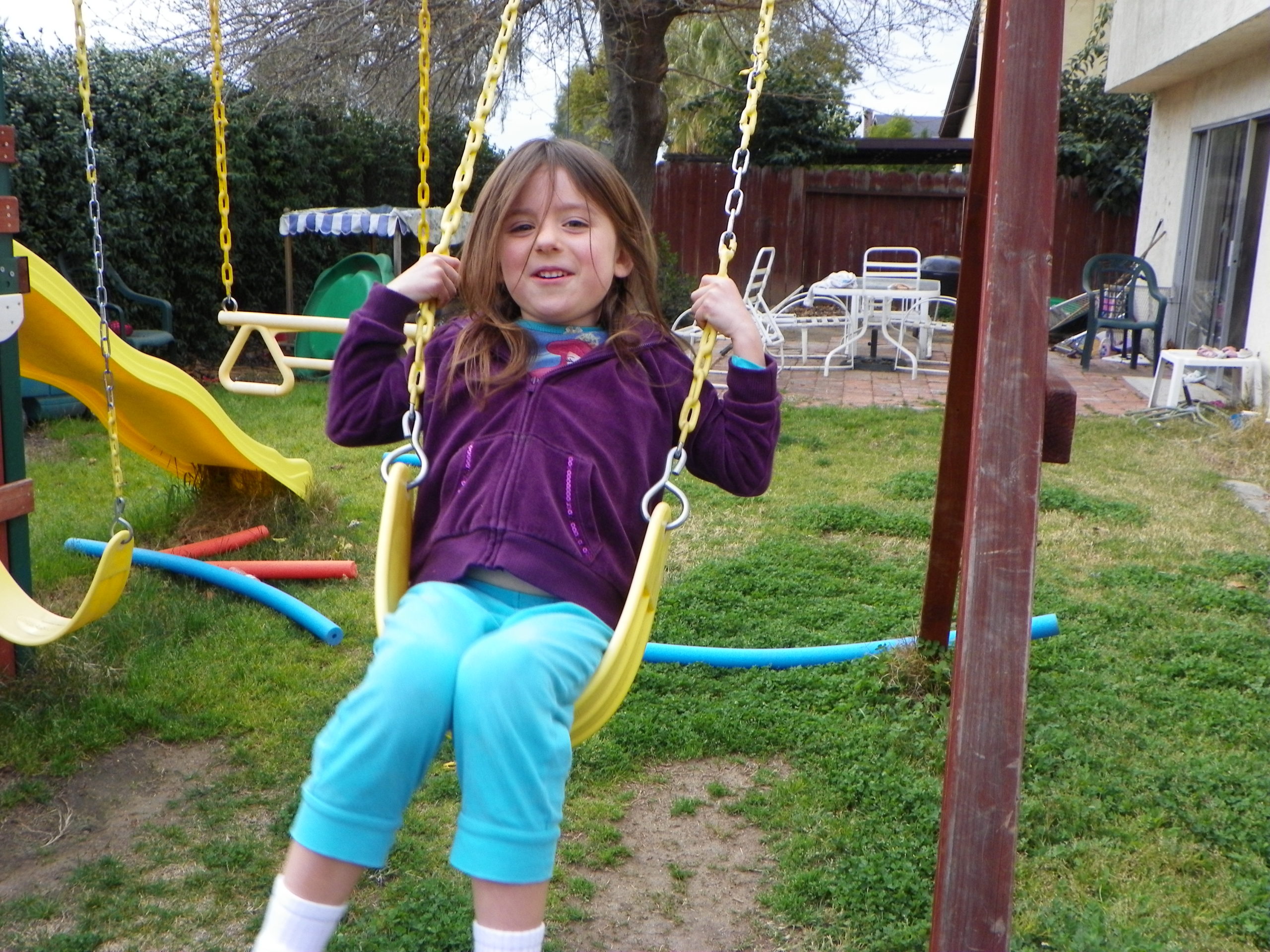
This is a guest post from writer and blogger, Jennifer Landis at Mindfulness Mama.
Unstructured play is simply when children partake in open-ended interaction free of learning objectives. It's neither instructor-led nor strategized to create a certain response. Instead, kids are free to make their own decisions, engage with their peers and use their imagination to express themselves creatively. Unstructured play is important for kids because it gives them a sense of freedom, independence and control. It's also incredibly vital to their social, physical and cognitive development.
Encourages Social Skills
Unstructured play builds pro-social brains by teaching children how to have positive interactions with others. When there's no adult to lead a conversation or assign tasks or teams, children do so on their own. Together, they must come to a consensus on what game to play or what blocks to build with. Because there are no fixed rules to follow, kids are free to make them up themselves. They decide who takes the next turn, which toys to share and how they speak to others.
Of course, they'll quickly discover which methods of communication are most effective. If their harsh words send a classmate running to their teacher in tears, they likely won't use unkind words as often. If they refuse to share toys with a sibling, maybe their brother or sister will reciprocate those actions. Likewise, positive social interactions will garner healthy relationships and encourage strong social skills they'll take with them into adulthood.
Free play also allows children to explore their feelings and decide how they will react in similar situations. Will they cry if a friend ignores them? Will they hit their brother if he won't share his stuffed animals? Allowing children to experience these predicaments and work through them on their own will teach them how to express themselves better and handle the emotional aspects of life.
Gets Kids Moving
In the past 40 years, the percentage of overweight youth has more than tripled. This may be due to several reasons, but technology is undoubtedly a major factor. The average child now spends between three and eight hours in front of a digital screen each day. Time spent using technology has replaced playtime, resulting in depression, as well as weakened social and motor skills. To combat these issues and make sure children have time for unstructured play, experts recommend limiting screen time.
Both indoor play and outdoor exploration can set the foundation for a healthy lifestyle by encouraging active habits early on. Let children ride their bike and jump rope in your driveway or gather some friends to play a game of basketball. Take younger children to the local park to climb the jungle gym or go on a hike. If you have to place them in child care during the day, be sure to choose a facility that provides ample time for free play.
Unstructured play also improves motor skills, which are an essential part of children's' growth. The physical benefits increase the ability to utilize reflexes, improve flexibility and balance, and control fine and gross motor skills. Through play, kids learn how to crawl, walk, run, jump and skip. Naturally, these skills allow children to lead more active lifestyles, thereby improving their physical health and fitness.
Improves Cognitive Function and Creativity
Experts agree that play is critical for proper brain development. When children engage in unstructured play and exploration, they trigger the production of brain-derived neurotrophic factor. BDNF is essential for the growth and preservation of brain cells. Additionally, it increases attention spans and results in higher productivity levels. One study found that fourth-graders were more attentive and calm on days when they had recess, with hyperactive children benefiting the most.
Researchers have also discovered that unstructured play, specifically block play, influences cognitive development. In one study, preschoolers who played with blocks had stronger math skills in high school. Kids who used them in more sophisticated ways at a young age took more math courses and had better grades as teenagers. This association remained even after scientists controlled for a child's IQ, suggesting block play itself led to higher levels of cognition.
Unstructured play also promotes creativity in children. When kids use familiar materials in an unusual or new way or engage in role-play, such as playing house, they call on their imagination. Allowing children time to play also gives them a unique opportunity to express their individuality and unique perspective. Creative expression may take the form of painting, drawing, dancing, storytelling and more. With play, children have the freedom to try out new ideas in a safe environment as well as build on old ones.
The Case for Play
Kids need free play now more than ever. Smartphones, tablets and television screens are replacing quality playtime. Children would rather stay inside and play video games than go outside and explore the world around them. This is cause for concern, as play is vital to child development. Without unstructured play, kids will have trouble forming the social, emotional, motor and cognitive skills necessary for a successful life.
The first five years are especially crucial for development. This stage determines who a child will become for the rest of their life. Fortunately, no matter how exciting or engaging technology may be, a kid will likely prefer to have their parents' time and attention. Parents can tap into this by investing their efforts in creating a free play environment for their children to learn and grow.